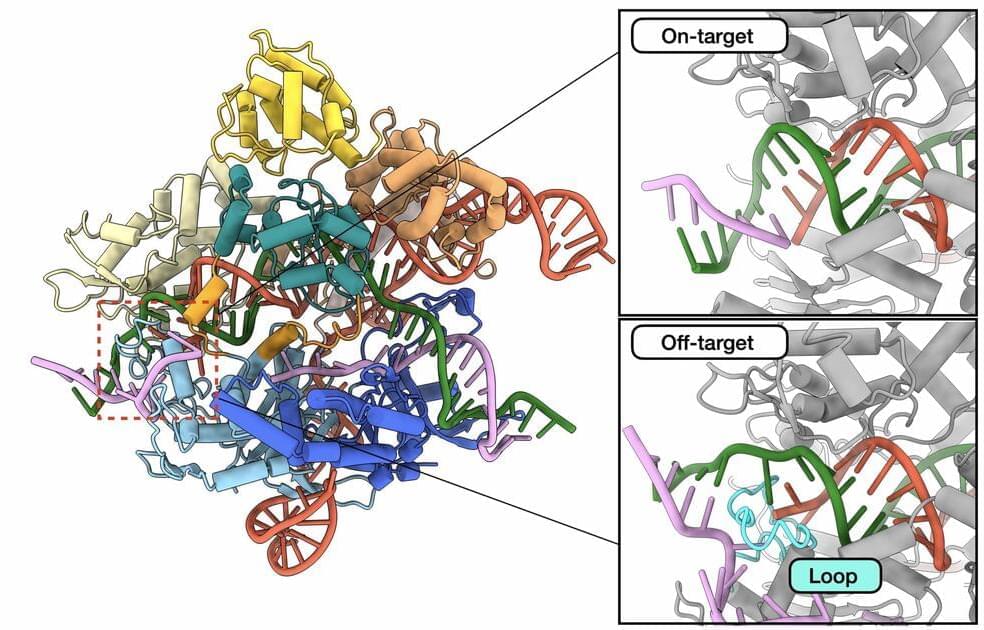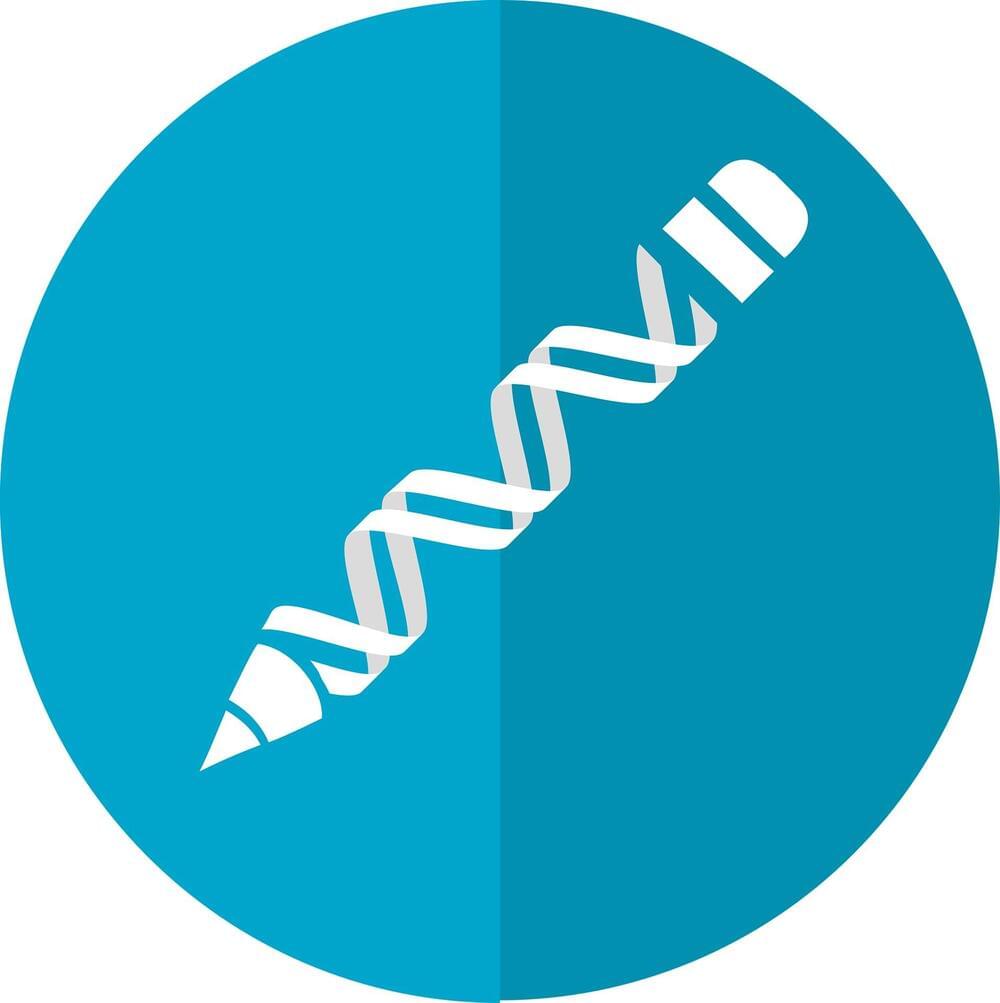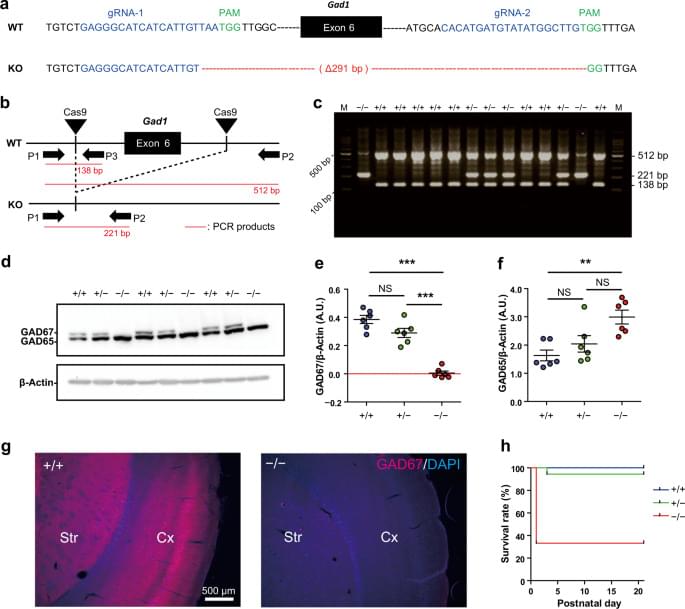
Scientists at The University of Texas at Austin have redesigned a key component of a widely used CRISPR-based gene-editing tool, called Cas9, to be thousands of times less likely to target the wrong stretch of DNA while remaining just as efficient as the original version, making it potentially much safer.
Other labs have redesigned Cas9 to reduce off-target interactions, but so far, all these versions improve accuracy by sacrificing speed. SuperFi-Cas9, as this new version has been dubbed, is 4,000 times less likely to cut off-target sites but just as fast as naturally occurring Cas9. Bravo says you can think of the different lab-generated versions of Cas9 as different models of self-driving cars. Most models are really safe, but they have a top speed of 10 miles per hour.
“They’re safer than the naturally occurring Cas9, but it comes at a big cost: They’re going extremely slowly,” said Bravo. “SuperFi-Cas9 is like a self-driving car that has been engineered to be extremely safe, but it can still go at full speed.”

















